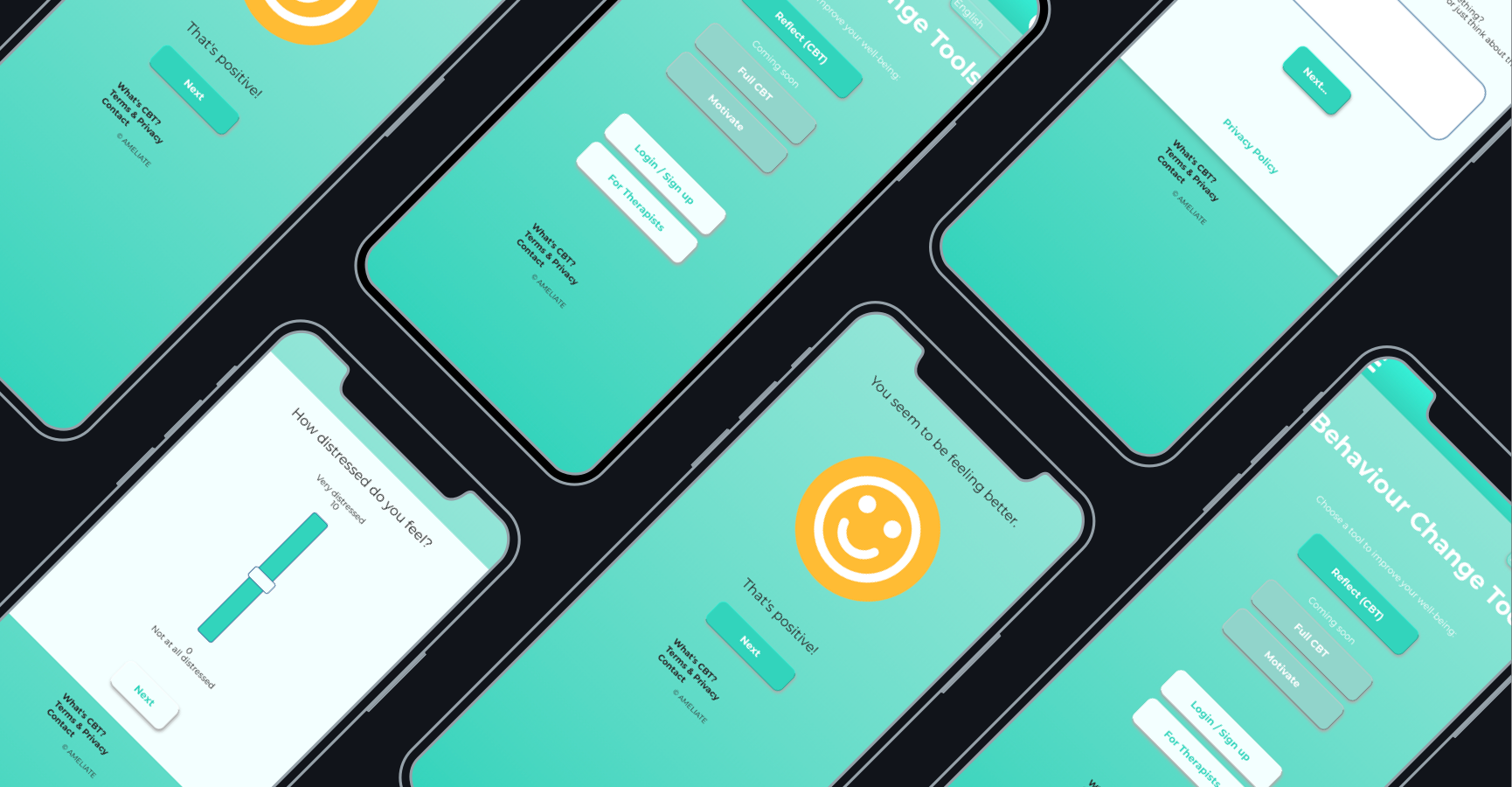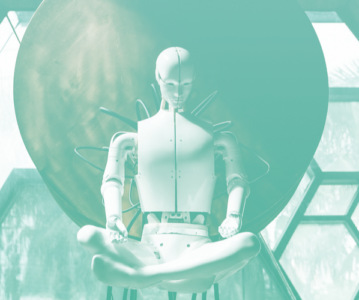Since I’m speaking about our company and psychological technology at the Psychology and Future Perspectives Congress organised by the psychology students’ association of Leiden University, I figured I would jot down some thoughts here as well. I feel psychology has a lot to offer in designing the future but is ultimately undervalued. Psychology is recognised and praised as one of the number one influences in future tech but still somehow psychology professionals are mostly seen in traditional fields instead of in the cutting edge of designing new technologies. Here’s a shortlist of what I believe to be some of the fields where psychology is an undeniable advantage.
Digital Therapeutics
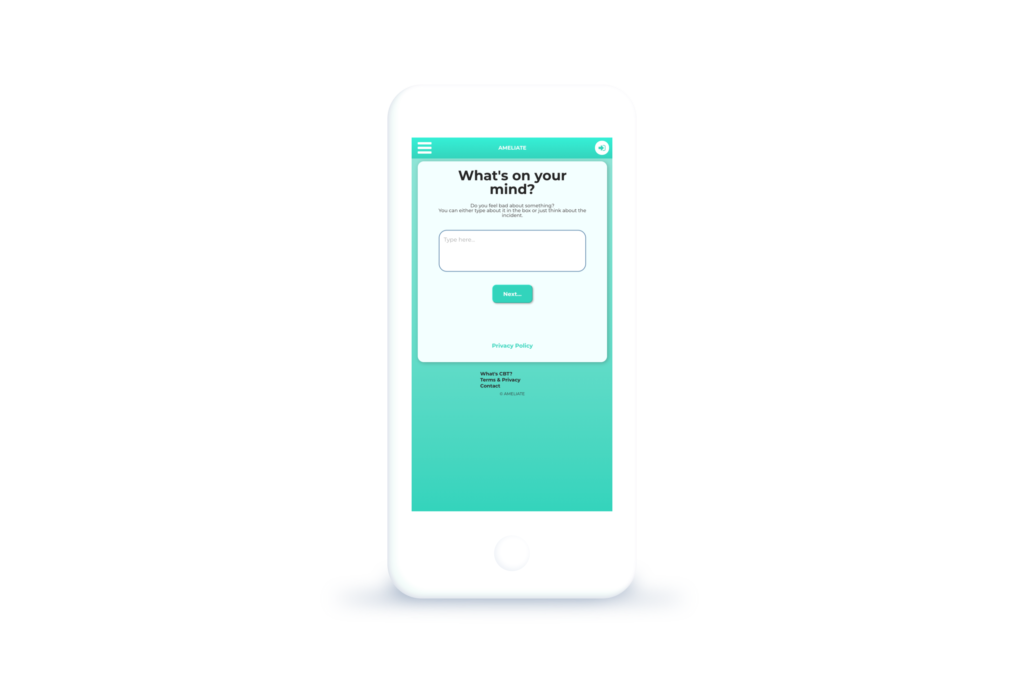
This is perhaps the most obvious one. Digital therapeutics roughly covers digital products that are used for diagnosis, monitoring or treatment of mental health issues. If you want to make products in digital therapeutics, you have to at least involve one person with a background in psychology if you want to be taken seriously. Even better if you include a person with clinical experience in being a therapist – that way you may even be able to validate your products internally. If you don’t have a person with a psychological background in your team, you can of course look for external help. Drop me a line if you feel inclined.
Behaviour Change Design
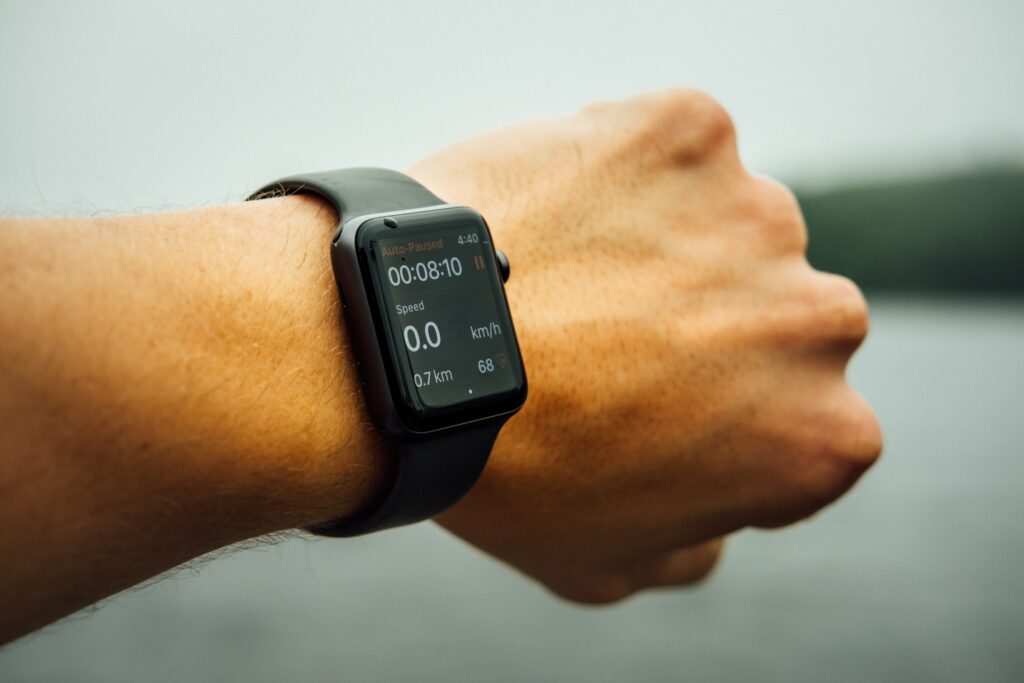
Similar to digital therapeutics but not as clinical. Behaviour change design refers products and services that are designed to shape behaviour. These can be for example fitness, eating habit or learning apps. Anything where the end goal is to change the user’s behaviour. What better way to induce behaviour change than to consult a behavioural scientist? Psychologists are an obvious pick for merely the fact that they’re the most qualified people to figure out behaviour and how to shape it.
Human-Robot Interaction
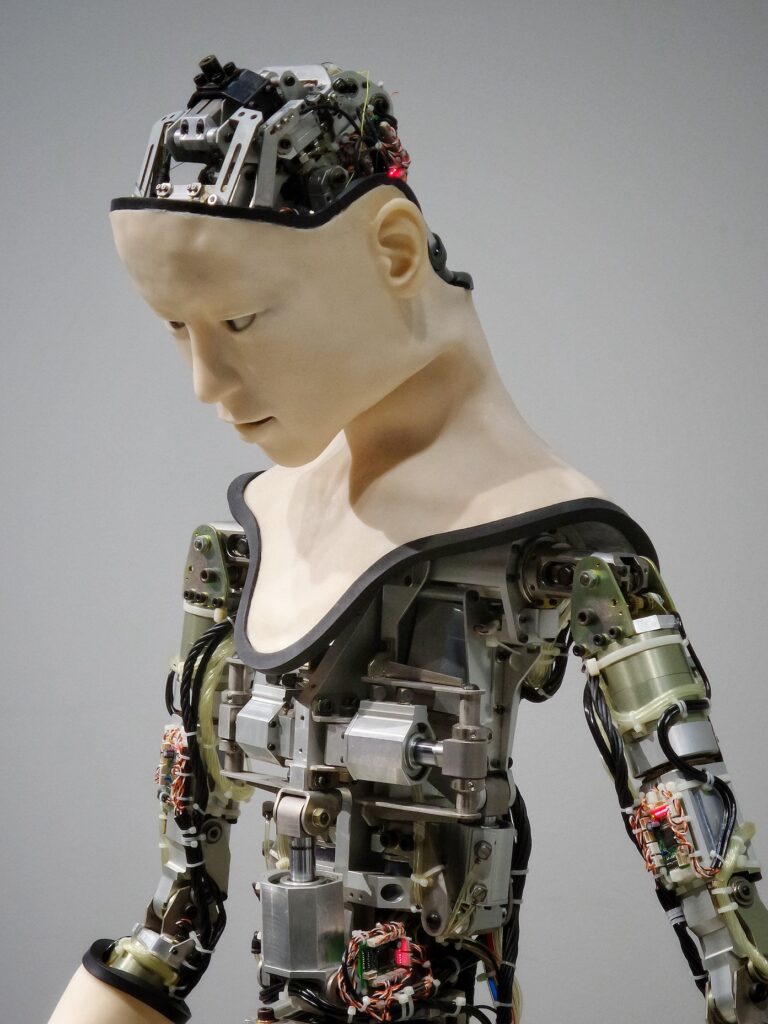
This is an interesting one. While building robots itself is a little different from a psychologist’s toolkit, how the robots should interact with people would certainly be something psychologists would be an asset for. Not only regarding safety but also how to make interactions feel natural – or unnatural. The uncanny valley is of course something to be avoided and in my opinion psychology would have the answers to navigate the future design of robots.
End
Here’s a small overview to some future fields where psychology is an asset. We at Ameliate are focusing on digital therapeutics but we see immense opportunity for psychology in other fields as well.
Want to work together? Let’s talk.
Featured photo by Yuyeung Lau on Unsplash
